PhD Alumni Testimonials
|
Charles (Casey) AndrewsPhD 2007Professor of English and Department Chair, Whitworth University (WA) |
“Loyola did an excellent job of cultivating a sense of community among graduate students while also developing our professionalization. Some colleagues from my cohort have remained lifelong friends and professional collaborators. The training I received not only as a researcher but as a teacher was invaluable, and I was coached extensively through the process of the academic job market. Continued support from members of the faculty as I have advanced in my career has been a joy of my professional life.” |
|
|
“At Loyola, I was supported and encouraged at every turn in my PhD studies. Every faculty member with whom I had the honor of studying cared deeply about their subject while reserving an identical amount of care for the success of their students. The breadth of topics and courses drew me across periods and nationalities, genres and theories, all led with passion and insight; because of this, I had the freedom to revise, again and again, what mattered most to me in the course of my studies until I found my home in the work that I do now. On a more practical note, the funding made available to me from Loyola enabled me to make my very first archival visits, a part of my job that I now cherish. I learned how to be a scholar at Loyola, and I learned what a privilege it is to have the financial support of a program that believes in the value of the archive. “ |
|
Stephen HarrisPhD 1999Professor of English, University of Massachusetts, Amherst |
“In terms of research and conferences, being in the same environment as the University of Chicago and Northwestern means that Loyola PhD candidates have to compete at the highest levels from day one… Most importantly, Loyola faculty are superb. They trained us within and beyond our areas of specialization. Because of that, I was able to engage faculty outside my AOS during the interview process and later in my department. And my dissertation supervisor was excellent—a brilliant scholar, a tremendous teacher, and a pragmatist when it came to the profession.” |
Lowell WysePhD 2018Professor of English, Broward College at the Center for Global Education, Lima, Peru |
“After earning my Master’s degree in English, I joined Loyola’s doctoral program with a fairly vague notion of my research interests (20th-century American literature). Throughout my coursework, I began to focus more on the relationship between literature and the environment. My professors supported my interest in this field and encouraged me to develop my own critical perspective. As a graduate teaching assistant, I was able to teach courses in my specializations, including Exlporing Fiction and Nature in Literature. In all, the Loyola English program empowered me to find my academic niche in the environmental humanities, positioned me well for a competitive job market, and helped me to build a supportive network of colleagues and mentors.” |
|
|
“Graduate English at Loyola was a foundational part of my life, both professional and personal — I met many future colleagues there and loved living in Chicago.” |
|
“As a grad student, I looked for opportunities to be a more marketable candidate when I applied for jobs. I helped administer the writing center, did as much teaching as my assistantship allowed, and mentored incoming graduate students. I appreciate that Loyola offered me realistic and practical training… A great dissertation and publication track record or potential are important, but most search committees will look for evidence of effective teaching. I feel like I was trained well to be a teacher. I got to teach courses in my field at LUC, and I taught freshman composition. I was able to convince a few search committees that I was ready for the classroom at their institution specifically because I had teaching experience at Loyola.” |
|
Charles (Casey) AndrewsPhD 2007Professor of English and Department Chair, Whitworth University (WA) |
“Loyola did an excellent job of cultivating a sense of community among graduate students while also developing our professionalization. Some colleagues from my cohort have remained lifelong friends and professional collaborators. The training I received not only as a researcher but as a teacher was invaluable, and I was coached extensively through the process of the academic job market. Continued support from members of the faculty as I have advanced in my career has been a joy of my professional life.” |
|
|
“At Loyola, I was supported and encouraged at every turn in my PhD studies. Every faculty member with whom I had the honor of studying cared deeply about their subject while reserving an identical amount of care for the success of their students. The breadth of topics and courses drew me across periods and nationalities, genres and theories, all led with passion and insight; because of this, I had the freedom to revise, again and again, what mattered most to me in the course of my studies until I found my home in the work that I do now. On a more practical note, the funding made available to me from Loyola enabled me to make my very first archival visits, a part of my job that I now cherish. I learned how to be a scholar at Loyola, and I learned what a privilege it is to have the financial support of a program that believes in the value of the archive. “ |
|
Stephen HarrisPhD 1999Professor of English, University of Massachusetts, Amherst |
“In terms of research and conferences, being in the same environment as the University of Chicago and Northwestern means that Loyola PhD candidates have to compete at the highest levels from day one… Most importantly, Loyola faculty are superb. They trained us within and beyond our areas of specialization. Because of that, I was able to engage faculty outside my AOS during the interview process and later in my department. And my dissertation supervisor was excellent—a brilliant scholar, a tremendous teacher, and a pragmatist when it came to the profession.” |
Lowell WysePhD 2018Professor of English, Broward College at the Center for Global Education, Lima, Peru |
“After earning my Master’s degree in English, I joined Loyola’s doctoral program with a fairly vague notion of my research interests (20th-century American literature). Throughout my coursework, I began to focus more on the relationship between literature and the environment. My professors supported my interest in this field and encouraged me to develop my own critical perspective. As a graduate teaching assistant, I was able to teach courses in my specializations, including Exlporing Fiction and Nature in Literature. In all, the Loyola English program empowered me to find my academic niche in the environmental humanities, positioned me well for a competitive job market, and helped me to build a supportive network of colleagues and mentors.” |
|
|
“Graduate English at Loyola was a foundational part of my life, both professional and personal — I met many future colleagues there and loved living in Chicago.” |
|
“As a grad student, I looked for opportunities to be a more marketable candidate when I applied for jobs. I helped administer the writing center, did as much teaching as my assistantship allowed, and mentored incoming graduate students. I appreciate that Loyola offered me realistic and practical training… A great dissertation and publication track record or potential are important, but most search committees will look for evidence of effective teaching. I feel like I was trained well to be a teacher. I got to teach courses in my field at LUC, and I taught freshman composition. I was able to convince a few search committees that I was ready for the classroom at their institution specifically because I had teaching experience at Loyola.” |

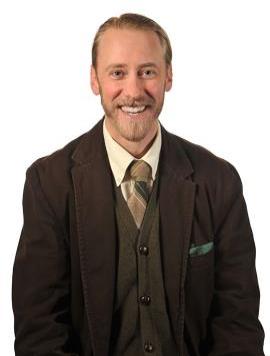
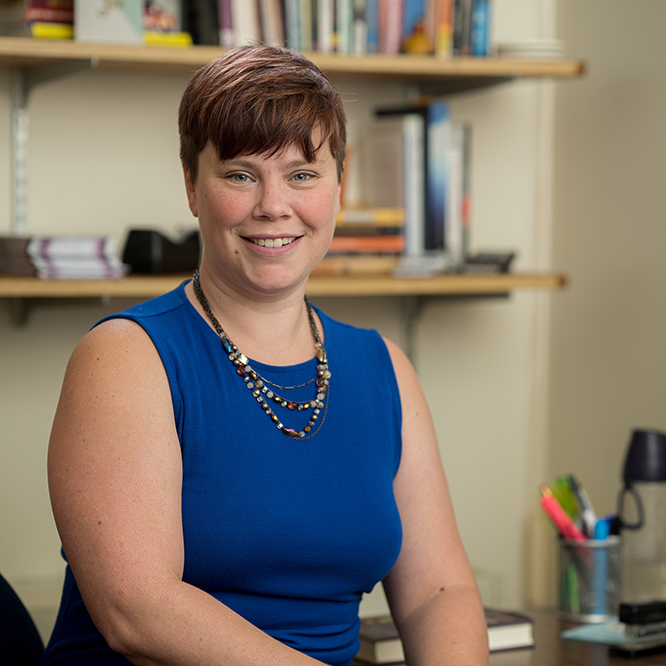
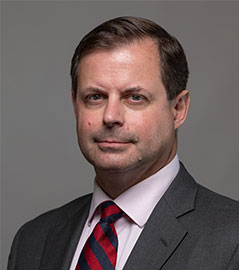
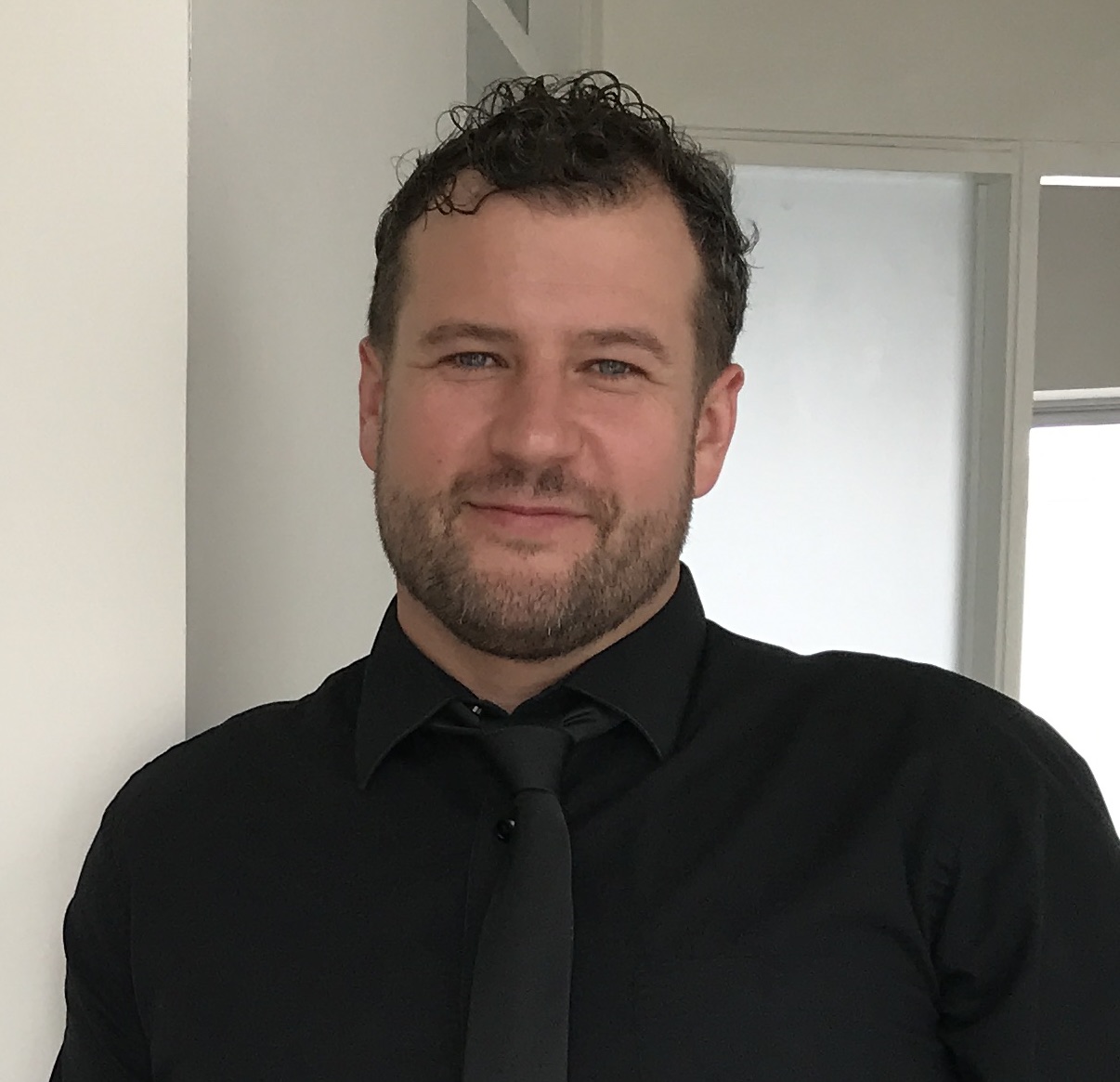
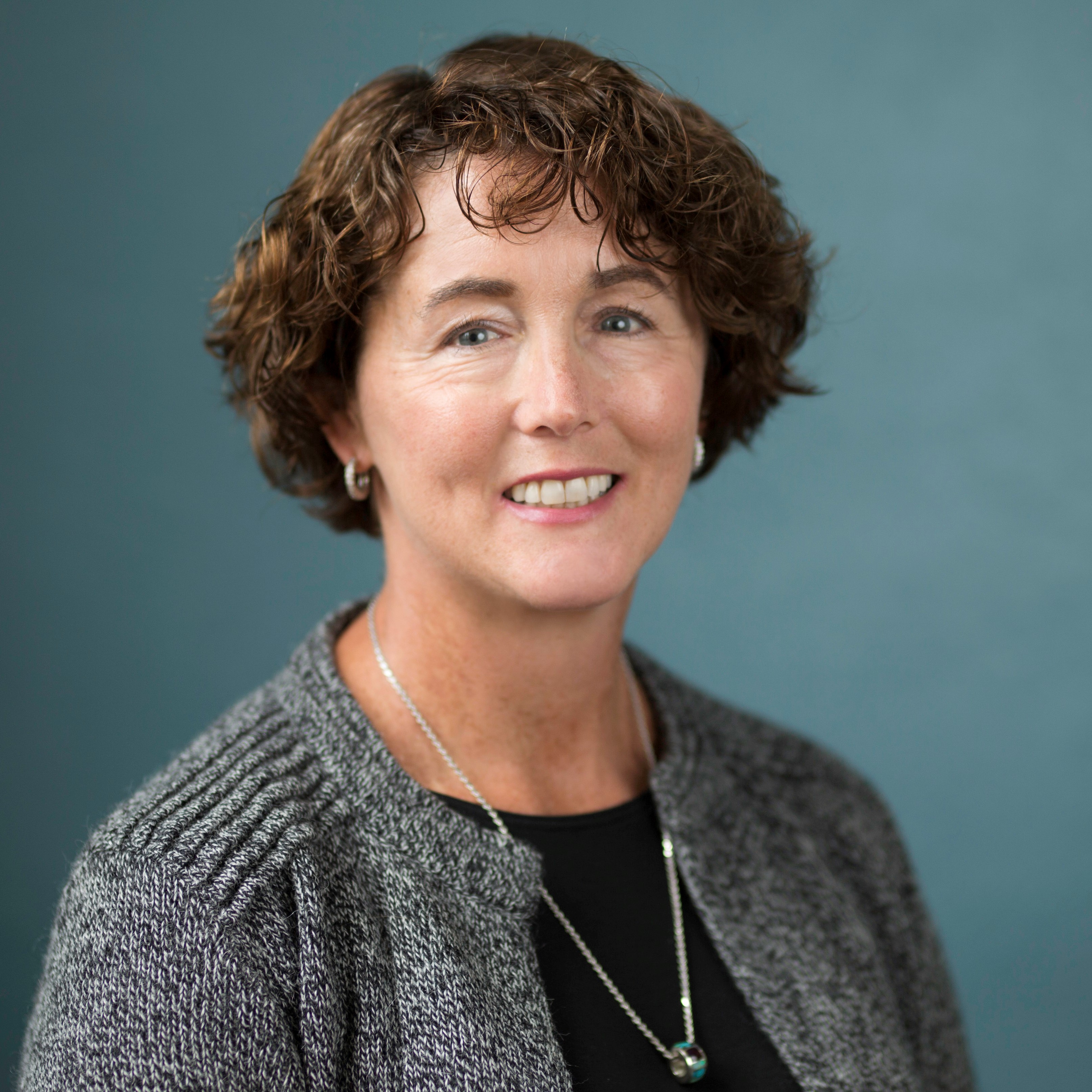
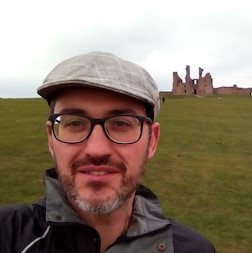 Andrew Hegl
Andrew Hegl